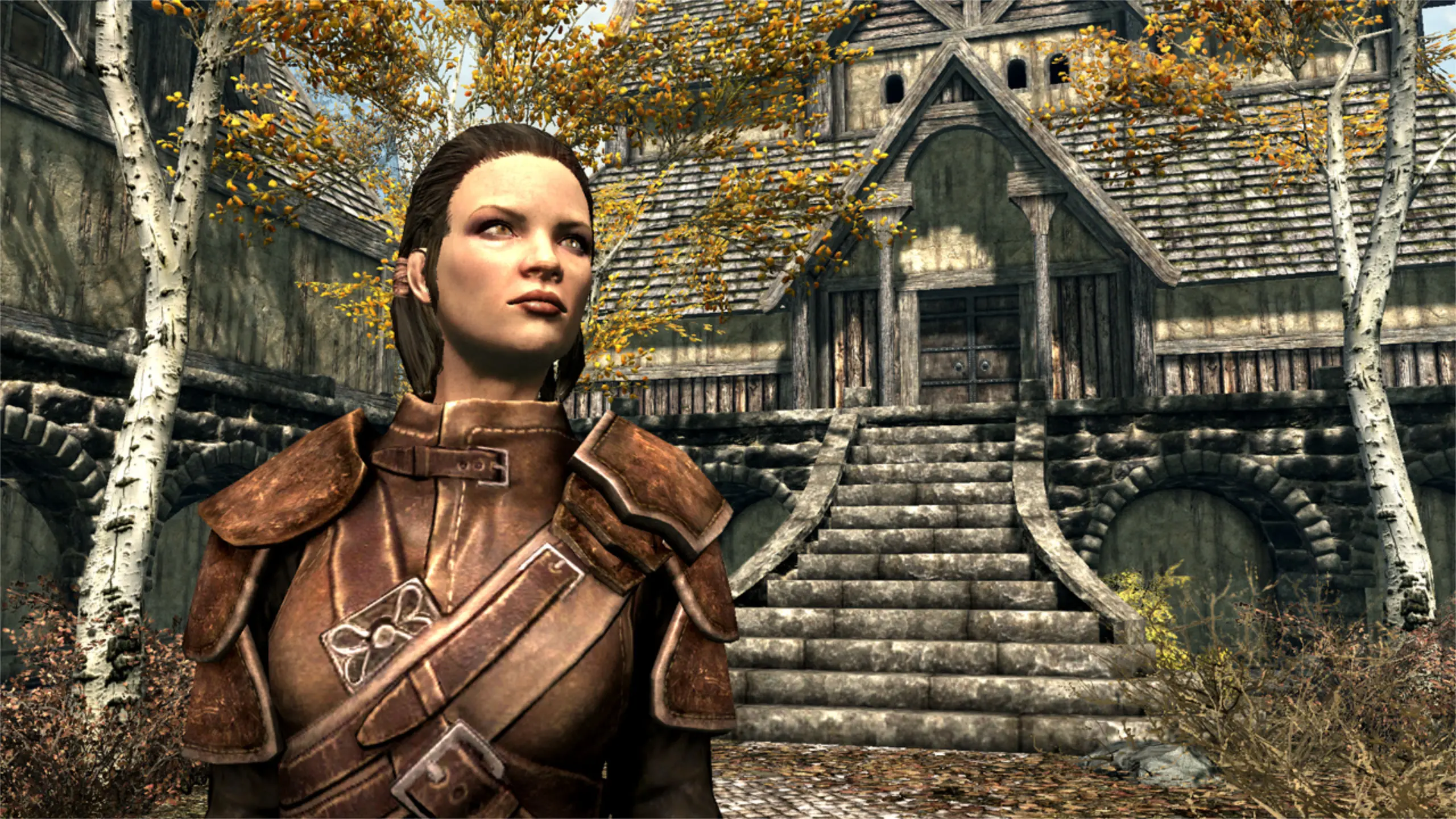BEST VIP CLUB!

BEST VIP CLUB!
200% Bonus
Article
18:49, 10.02.2025

The gaming world is experiencing profound changes with the development and usage of AI. NPCs no longer restricted to mechanical actions and recited scripts are now turning adaptive, intelligent, and immersive. Through the AI expanding industry’s machine learning, Natural Language Processing (NLP), and the innovative Language Agent Roleplay (LAR) system NPCs are gaining interactive selves that can make decisions and respond emotionally.


One of the most groundbreaking advancements in AI-driven NPC behavior is the LAR system. This sophisticated AI framework incorporates long-term memory, decision-making abilities, and environmental adaptability to create characters that remember past interactions and make contextually relevant choices. Unlike traditional NPCs, which rely on pre-written dialogue trees, LAR-enabled NPCs can:

A key innovation of AI-driven NPCs is the ability to remember and learn from past events. Through vector semantics, NPCs can recall specific interactions, leading to unique player experiences. This means that a player's actions can have long-lasting consequences, influencing how NPCs respond throughout the game. For example:

The Impact on Game Narrative and Player Experience
Thanks to NPCs’ dynamic decision-making, contextual dialogue, and emotional recognition, gaming is much more advanced than before. Games used to rely on predetermined story lines but that is a thing of the past. Players are not merely spectators anymore, but rather, impactful players who drive forward the action-packed story.
Advanced natural language processing enables NPCs to understand and respond to player inquiries organically. Instead of pre-scripted conversations, AI-driven NPCs can:

AI is similarly infusing emotional depth into NPCs, allowing their replies to appear more lifelike. NPCs are able to emit real emotions such as anger, sadness, or joy through sentiment analysis as a reaction to player interactions. This helps establish a deeper emotional connection and thus enhances immersion.

Modern AI technology has drastically improved NPC and player interactions transforming the overall gaming experience and paying off immensely for a number of contemporary video games.
With the Red Dead Redemption II game, the NPCs within the game possess set memories and routines along with varying responses to the players interactions which makes the entire game more alive and better as a whole.

The combatants in The Last of Us: Part II employs AI technology which enables their enemies to plan, talk to one another, and behaviorally react in an intelligent manner while fighting.

The Elder Scrolls V: Skyrim has NPCs functioning under Radiant AI which allows them to have a daily routine, follow orders and interact.

With the new AI implemented in Stardew Valley, villagers form new relationships with each other and are provided with daily schedules. This technology enhances the farming game.

PUBG integrates AI-driven bots that learn from player behavior, ensuring a competitive and engaging experience for new and experienced players alike


Despite its vast potential, integrating AI into gaming presents challenges such as:

As technology continues to advance, AI-driven NPCs will only become more sophisticated. Future developments may include:
Upcoming titles are expected to push these boundaries even further, with developers incorporating AI to create truly living game worlds.


The AI revolution is modifying the very structure of how NPCs operate within games and making them more lifelike, intelligent, and responsive. As developers perfect these technologies, the gap between virtual and reality will completely dissolve which in turn would result in unimaginable gaming experiences. If AI is already at the forefront, then the future of gaming worlds promises to be more captivating, active, and engaging.
No comments yet! Be the first one to react